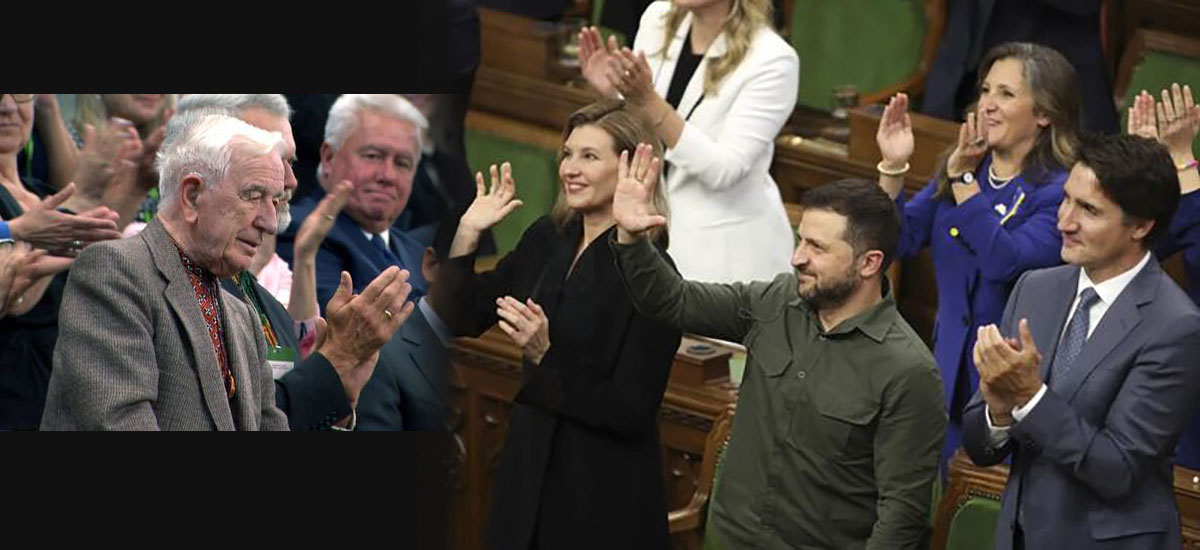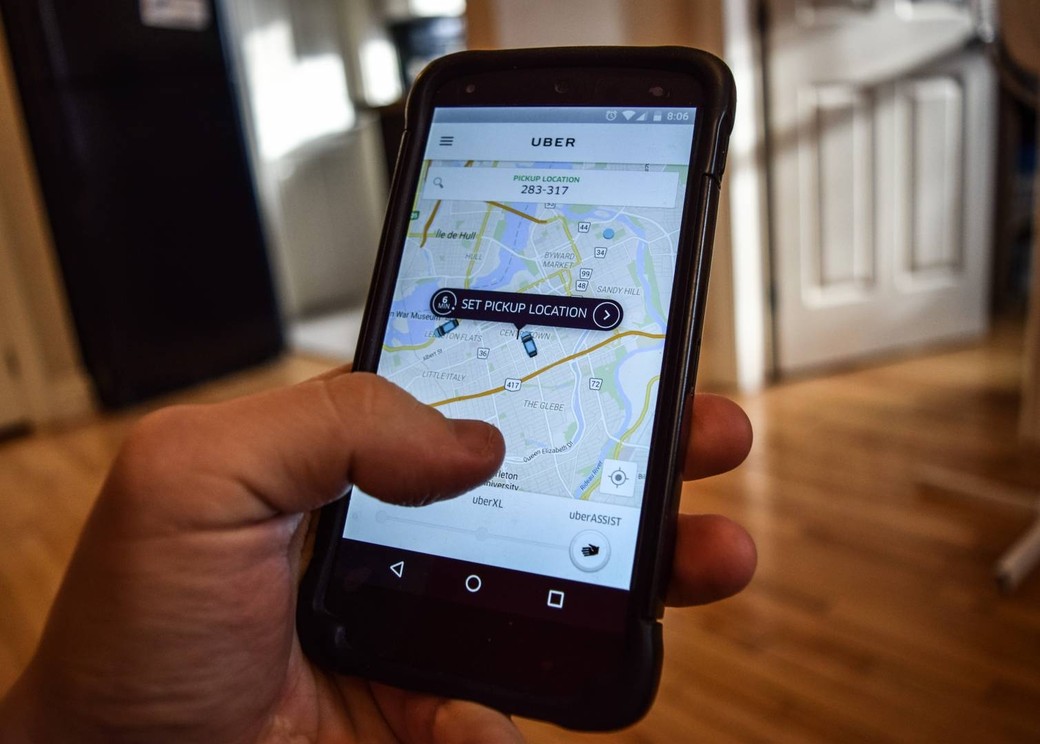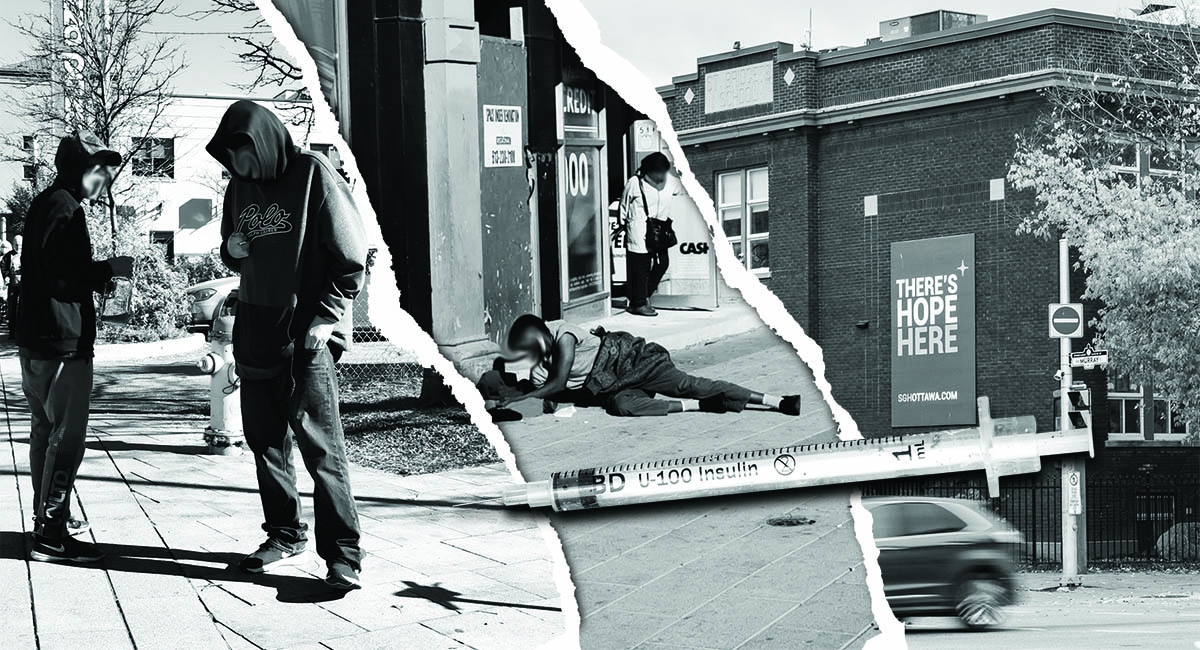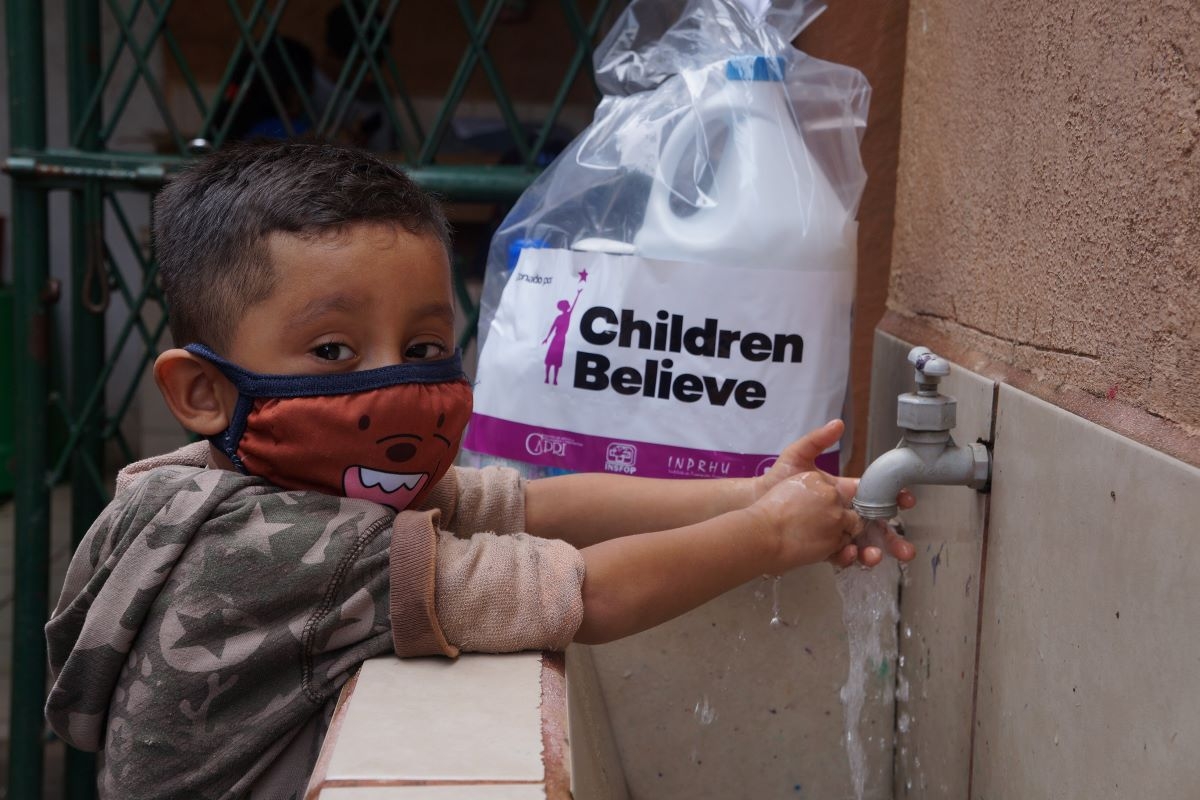
Children Believe believes in Canadians
The health and well-being of Canadians will continue to be a priority in the fight against COVID-19. But as the global crisis evolves, many want to help locally and internationally and give what they can to make a positive difference. A recent study commissioned by Children Believe surveyed Canadians about their views on supporting international causes amid the pandemic.
The goal was to encourage Canadians to think about what they can do to enable change. The study reveals that 88 per cent of Canadians recognize the increased threat COVID-19 poses to vulnerable communities, and 74 per cent feel they have a duty to support those less fortunate in Canada and beyond our borders. “When 72 per cent of Canadians say they’re willing to support charities that improve the lives of children and their families in vulnerable communities around the world,” says Fred Witteveen, the Children Believe CEO, “that just confirms what I’ve been seeing on the ground when we go door-to-door and share with Canadians what they can do to benefit the life of a child. Despite the challenges, Canadians are extremely generous, they have a global view of the world.”
Ninety-six per cent of Canadians surveyed agree supporting children is vital and every child deserves access to education and basic life necessities, regardless of who they are and where they are from. While respondents believe support for local causes is important during COVID-19, more than half (55 per cent) say they aim to support organizations that work within international development for children. Children Believe is working in Africa, Asia and the Americas to stop the spread of the virus, ensure children are nourished, keep kids safe from violence and help them continue learning.
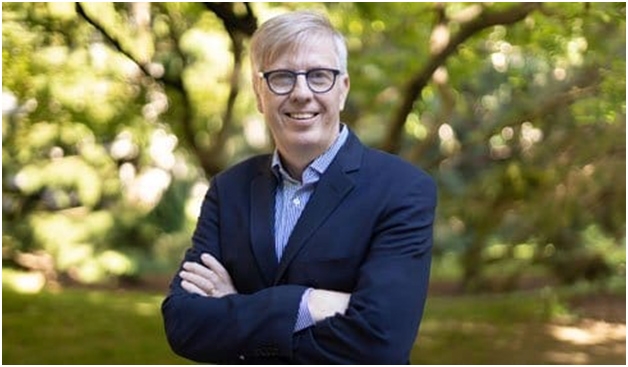
“COVID-19 knows no borders and is wreaking havoc on the lives of children and youth in many of the communities we serve,” says Witteveen. “Adults cannot work, children cannot go to school and shortages of food and critical supplies are rampant. I am so grateful, that through the generosity of Canadians, Children Believe has helped 572,000 people thus far during COVID-19. Through prevention messaging and education, the provision of protection supplies and equipment, food rations and food packages given to those in greatest need, mental health supports and learning aids for children, we’ve helped children and families weather this global storm.”
The majority of Canadians say they stay up to date on COVID-19 news outside of Canada (82 percent) — unsurprising perhaps, given the issues it’s caused in the neighbouring United States. But half of Canadians report that they rarely read or hear about how COVID-19 is impacting communities beyond North America or Europe.
But Canadians have engaged with the extreme challenges children and their families in low-income countries are facing. “Despite the challenge of COVID here at home, I’ve been quite struck how generous Canadians have been,” says Witteveen, “and how ready to help they are when given the opportunity to contribute to a program that they know is making a difference in the lives of children.” Children Believe is listening to community members, monitoring how things are going, and ensuring communities and children get the support they need. This makes it possible to share the stories and challenges in developing communities Canadians don’t hear otherwise, while maintaining transparency in reporting the results of the charity’s work.
Children Believe has programs in 160 communities across 12 countries in Africa, Asia and the Americas that aim to empower children to stand up for what they believe in and be heard. Witteveen has a powerful example of this.
“One of the projects that we’ve undertaken, one of the big issues among girls in may poor countries is early marriage. In India and in other countries where we work, Burkina Faso, Ghana and Ethiopia, early marriage is a big social issue. We just launched a case study that shared not only how communities have come together to address this issue of early marriage in their communities, but how children were able to participate in advocating for social change. I was just so thrilled to hear about how kids are agents of change.”
“Children Believe is about breaking barriers to education so that children can live and dream fearlessly. And when you see children becoming their own agents of change, having that fearlessness to tackle deep social issues, that just motivates me to work even harder. How can I do less?”
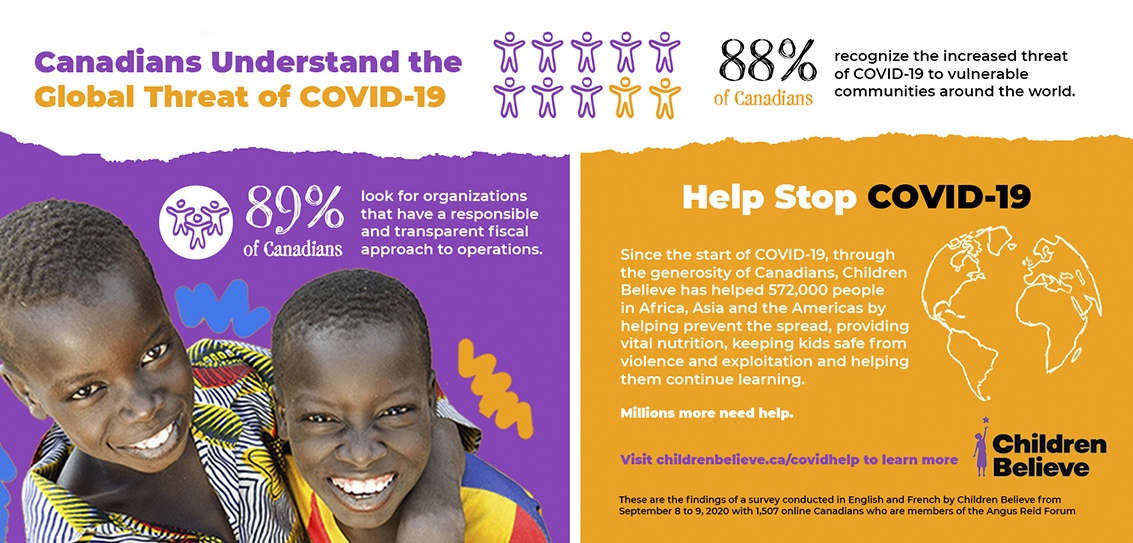
A member of ChildFund Alliance, Children Believe is part of a global network of 11 child-focused development organizations working to create opportunities for children and youth, their families and communities. They work to end violence against children; provide expertise in emergencies and disasters to ease the harmful impact on children and their communities; and engage children and youth to create lasting change and elevate their voices in decisions that affect their lives.
Witteveen hopes Canadians can see the value of such international aid. “COVID is affecting all of us. This is when we need to pull together and support each other in our own communities. But it’s just really important that as think about how we take care of each other in our own local communities that we always remember that it is in our interest to also have an eye beyond our own community. There are children who deserve access to education and basic life necessities just like children here, and that we always keep an eye open to what’s happening with children in other parts of the world. When we do that, I think we become better communities, happier communities, and more compassionate communities.”

